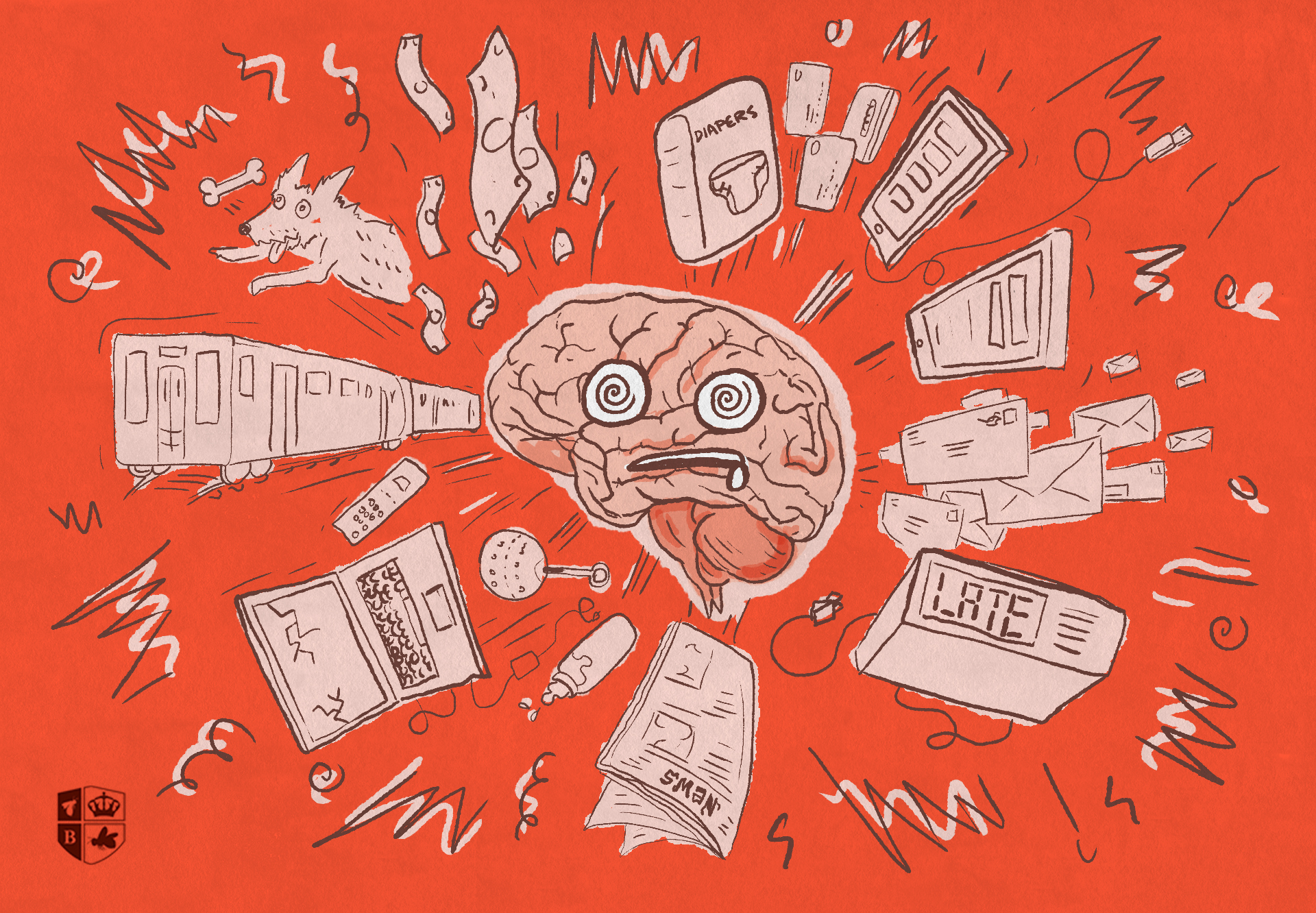Fight Mental Fatigue With Project Management

Let’s be real: Most of us would be lying if we said we weren’t suffering from mental fatigue in at least one aspect of our lives. According to Healthline, mental fatigue can happen to anyone who continually deals with situations that activate their body’s stress response. It can make you feel overwhelmed and emotionally drained, and make your responsibilities and problems seem impossible to overcome. Sound familiar?
I, for one, know this feeling all too well. My wife and I have recently been blessed with the greatest—and most stressful—gift in the world: a baby boy! You can only imagine the worries that went through my mind leading up to the day we would take him home and become first-time parents.
When should we feed him? When should we put him down to sleep? How often should we change him? When should we be introducing bottles? How can I best support my wife throughout all of this?
These questions and more would fester in my mind, as everyone I encountered only added to that stress with their own newborn horror stories. There was seemingly no escape from the bombardment of advice, and turning to the internet for the answers only racked up more questions and concerns. In the days leading up to my son’s birth, I didn’t need a doctor to know that I had a serious case of mental fatigue.
But before I completely lost my sanity due to stress (and lack of sleep), I realized something. I may have been becoming a new dad—but I was an experienced Account Manager, too. The skills I’ve gained at work in effectively managing my responsibilities with simple scheduling could be put to use outside of the office as well.

Fatherhood, Meet Project Management
From my job title alone, you can imagine that managing levels of stress is something I deal with every day. How can I get Project A done in X timeframe while getting Project B done in Y timeframe, with the same team working on both? It’s my job to assign tasks along the way that don’t, in turn, stress out the team who has to work on them. It all comes down to time management, effective leadership and organization—all of which are also essential in caring for a newborn.
They may be two very different tasks, but raising a child and managing a team of creatives really come down to the same set of skills. Knowing that an effective schedule plays a crucial role in ensuring project success, I took that same mentality into my personal life, scheduling and managing whatever I could in order to help my wife and I get through some of the tougher moments we were facing. And it worked.
In my day to day of keeping projects on track, I set realistic goals, assign resources appropriately and manage quality to decrease production errors. Now, I know these same three steps can be used as a base for almost anything in life to lessen your mental fatigue and help you come out on top.
Step 1: Set Realistic Goals
The first step is always defining what tasks need to be accomplished. Then, these tasks must be broken down and organized into manageable actions necessary to complete each item on your list. According to the Project Management Institute, 9.9% of every dollar invested in a project is wasted due to poor project performance. That’s $99 for every $1,000 spent. By setting realistic goals right out the gate, you can reduce the amount of uncertainty in a project and boost your profitability at the same time.

Step 2: Assign Resources
Next, you need to decide on what resources you’re going to need to get each task done on time. You may have to assemble a team, which requires more planning on your part. Their time will also need to be scheduled out, but the extra hand has the potential to lighten your load and provide a helpful outside perspective.

Step 3: Manage Quality
Lastly, you need to ensure each task is completed in a quality manner before the next task in the process begins. By assuring that the quality of each task meets expectations, you can achieve and maintain a competitive edge. With checks at every step of the way, no major issues should appear upon completion because you’ve covered your bases and established quality controls from the very start of the scheduling process.

Does every project, challenge or task require such time and consideration in planning? Probably not, but it never hurts. In my job, the primary purpose of creating a project schedule is to guide the team to a successful end. In my home life with my child, a project schedule is what helped us transition him into sleep in his own bedroom for an extended amount of time. Totally different situations, exact same approach.
Think of your schedule as the measuring stick for assessing your project’s or task’s performance, evaluating progress and ensuring a quality result. The comfort of knowing you’ve taken control of your situation (plus a successful and restful night’s sleep, if you’re dealing with a newborn, like me) will be sure to put your mental fatigue at ease.
Nature by Design
Customer Experience is Your Biggest Brand Differentiator
Six Questions for Cameryn Berridge










